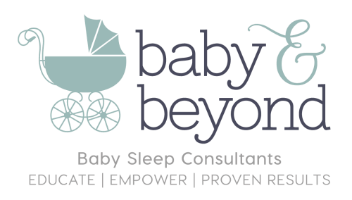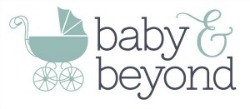Babies learn through play from the moment they are born. Every little word that is lovingly spoken, gentle caresses and playful kisses are just some of the first aspects of age appropriate play a baby receives. The developmental stages of play a baby up to 12 months goes through each have an important part in how they learn and grow. That’s because it’s really true that babies learn through play!
Developmental Stages Babies Learn Through Play
Babies technically are known as a baby until they are about 12 months of age. While these are just general guidelines about the types of play expected at each age, remember that every baby is different and will learn things at it’s own pace. If you are concerned about their level of developmental play, get in touch with us or your Plunket nurse for advice.
- Birth to 3 Months Play
Newborn babies are too tiny to play with actual toys, but they love your face. Only able to focus at things around nine inches from their eyes, newborns love to watch your facial features and copy what you do. A great game to play to help develop a bond between you both is to make a face such as poking your tongue out. Keep repeating the same action until they copy you and then change to a new face. Look out for tired signs showing that it is time for a nap, such as yawning, averting their eyes or crying.
When your baby is a couple of month old, holding a toy up and moving it is a lovely game. They will start to track it with their eyes and may even start trying to bat at it. This is a great way to build their hand and eye co-ordination.
- 4-7 Months Play
Around this age group babies are very orally focused. Everything they pick up goes in their mouths to help them learn new information. Finding out what happens when they do something is also a favourite game at this age. Banging pots with a wooden spoon or shaking a homemade rattle to make a noise lets them learn that what they do can impact the world around themselves. What a self esteem boost!
Exploring the textures of different objects such as a pair of socks rolled into a ball, a wooden block and a stuffed toy will give your baby ideas about what different things feel like. As they are more than likely to go into their mouth, everything within your baby’s reach needs to be large enough that it cannot be swallowed, have no bits that could break off and no sharp pieces.
- 8-12 Months Play
Beginning to move around with rolls, crawls, walking or even sitting up happens with many babies around this age. As they start to explore the world around themselves, babies begin to develop their pincer grip between their thumb and forefinger. Picking items up and them dropping them on the floor may seem a really annoying game once you have had to pick a toy up around 50 times. But actually they are again learning about cause and effect, building their fine motor skills and having some serious fun doing it!
Painting and drawing are much loved activities, as is playing with homemade playdough. Adult supervision is needed though as exploration can involve eating the paint and playdough and even putting it in all sorts of different places. Even doing jobs around the home such as putting clothes in the washing basket and picking up pegs is a great way to learn and play too!
We’d love to share more information about how babies learn through play and how we can help you with your baby. Get in touch with us today as we are more than New Zealand’s best baby sleep consultants – we are the best baby consultants too.

